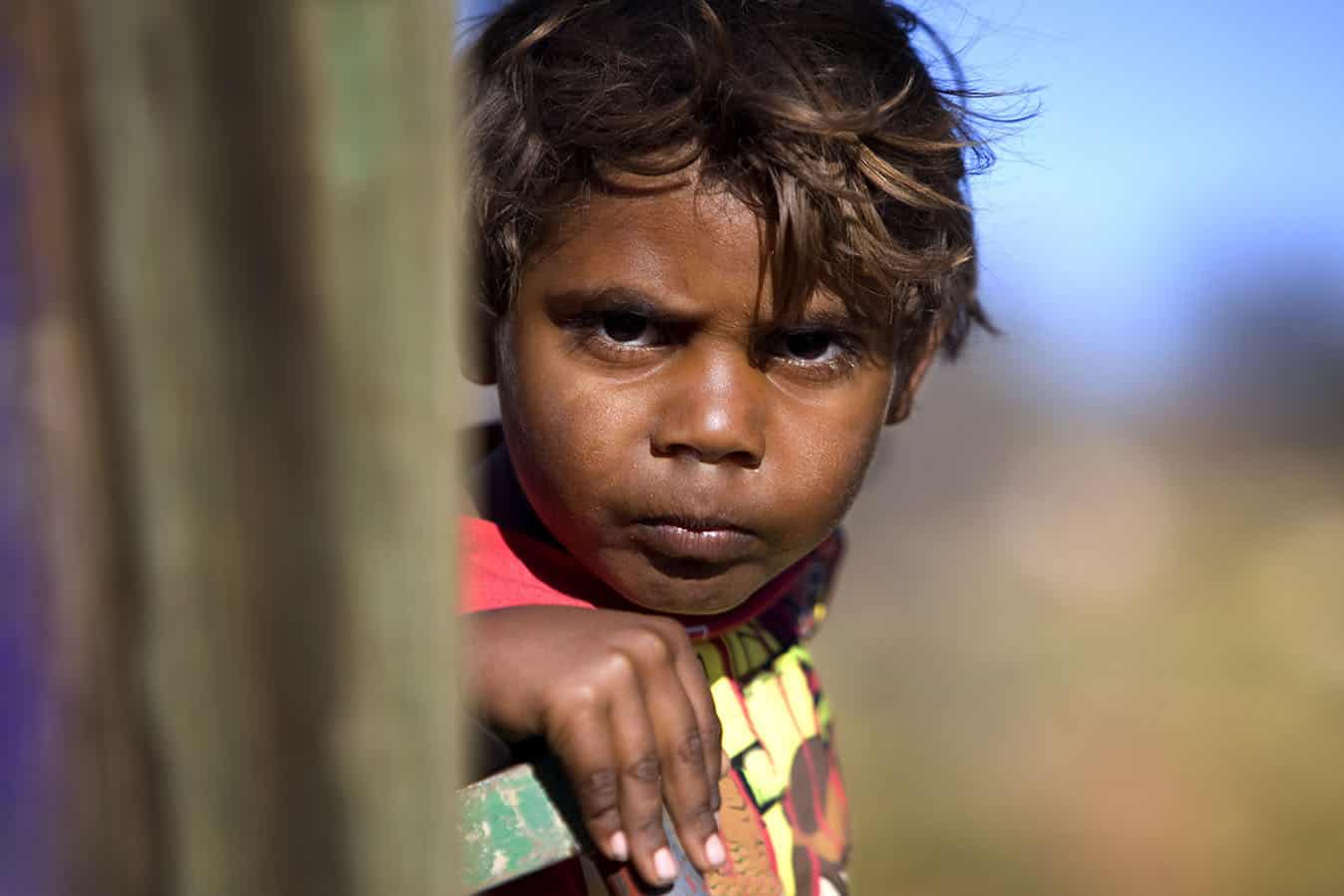With five health workers in the Kimberly region in the north of Western Australia being infected by the coronavirus overnight, the virus now poses a threat to numerous Aboriginal communities.
The Department of Health in Western Australia has reported three cases in Broome, one in Kununurra and another in Halls Creek.
The health services in all three locations where workers tested positive, regularly treat residents from outlying communities, according to a report in today’s Australian.
Aboriginal and Torres Strait Islander communities are particularly vulnerable to the potential impacts of COVID-19 due to remoteness, pre-existing chronic health conditions, already-stretched health services and housing that are often overcrowded or not fit for purpose.
Federal Minister for Health Greg Hunt said, in an interview with Seven news, one of the issues the government was most concerned with was the spread of COVID-19 in rural and remote areas.
The Minister said with the consent of Aboriginal and Torres Strait Islander people he put in a biosecurity order to put a ring of containment around those areas, which prevents movement in and out, other than for essential workers.
“In regional Australia we are following this assiduously because they are, in some cases, by definition, further from the major hospitals and intensive care units and the ventilators in the very worst of cases,” he said.
“Our government is also providing funding to regional and remote communities while travel restrictions are in place so they are prepared and responsive to evolving issues that emerge during the crisis.”
The Department of Health has detailed coronavirus advice for Aboriginal and Torres Strait Islander people and remote communities located on their website.








